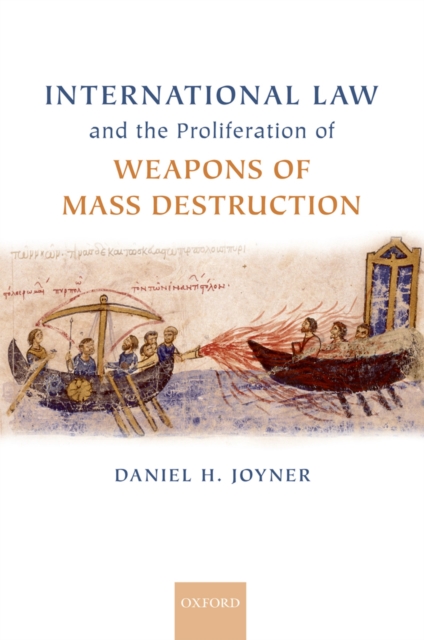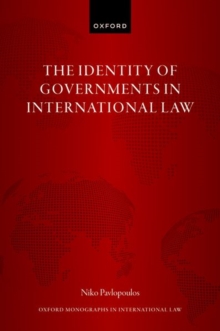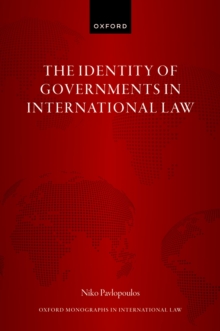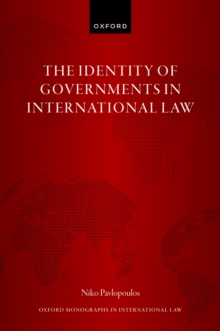
International Law and the Proliferation of Weapons of Mass Destruction PDF
by Daniel H. Joyner
Part of the Oxford Monographs in International Law series
Description
Proliferation of WMD technologies is by no means a new concern for the international community.
Indeed, since the signing of the Nuclear Non-proliferation Treaty in 1968, tremendous energies have been expended upon diplomatic efforts to create a web of treaties and international organisations regulating the production and stockpiling of WMD sensitive materials within states, as well as their spread through the increasingly globalised channels of international tradeto other states and non-state actors. However, the intervention in 2003 by Western powers in Iraq has served as an illustration of the importance of greater understanding of and attention to this area of law, as disagreements over its content and application have once again lead to a potentially destabilising armed intervention by members of the United Nations into the sovereign territory of another member state.
Other ongoing disputes between states regarding the character of obligations assumed under non-proliferation treatyinstruments, and the effect of international organisations' decisions in this area, form some of the most contentious and potentially destabilising issues of foreign policy concern for many states. This book provides a comprehensive analysis of international law and organisations in the area of WMD proliferation. It will serve both as a reference for understanding the law as it currently exists in its political and economic context, as well as an analysis of areas in which amendments to existing law and organisations are needed.
Information
-
Download - Immediately Available
- Format:PDF
- Publisher:OUP Oxford
- Publication Date:05/03/2009
- Category:
- ISBN:9780191548185
Information
-
Download - Immediately Available
- Format:PDF
- Publisher:OUP Oxford
- Publication Date:05/03/2009
- Category:
- ISBN:9780191548185










